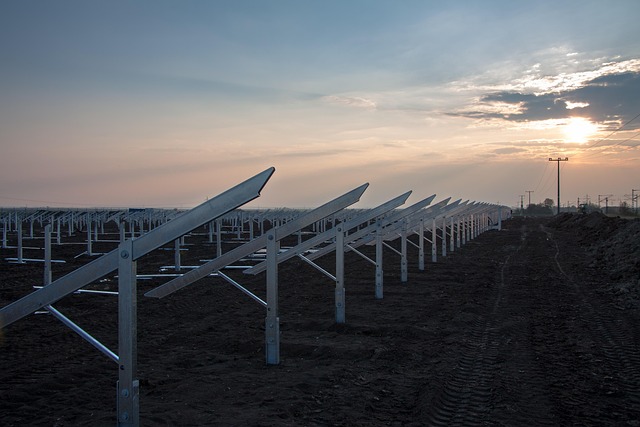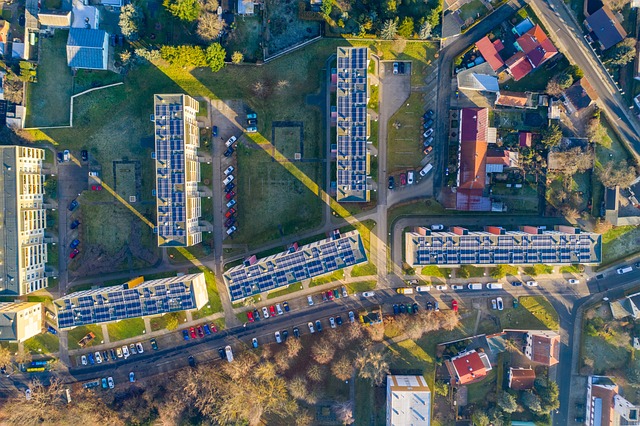In today's real estate market, eco-friendly features like energy-efficient appliances, green building materials, and water conservation systems are gaining prominence as key differentiators. Real estate professionals can enhance their listings' appeal by promoting these sustainable attributes, which not only attract environmentally conscious buyers but also offer financial benefits through reduced utility costs. By emphasizing a property's low carbon footprint, certifications like LEED, virtual tours, energy savings data, and local green initiatives, agents can command higher prices and contribute to a more sustainable future in the competitive real estate market. Consistently implementing sustainable practices, such as efficient systems and renewable energy sources, is crucial for maintaining and enhancing a property's eco-friendly image over time.
In today’s eco-conscious world, enhancing a property’s green reputation is crucial for real estate success. This article explores effective strategies to elevate your listing’s environmental appeal. We’ll delve into understanding key eco-friendly features sought by buyers, offering insights on marketing these assets. Additionally, discover long-term maintenance tactics to ensure your property remains a top choice for environmentally-minded folks seeking their ideal homes in the real estate market.
Understanding Eco-Friendly Features in Real Estate
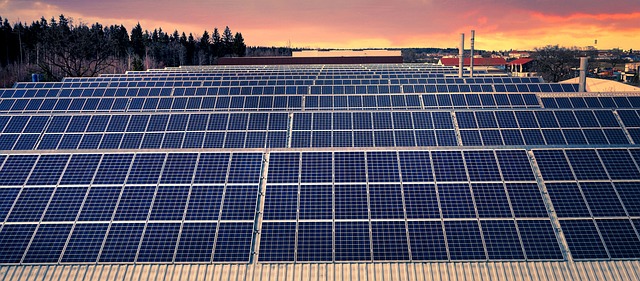
In today’s market, eco-friendly features are becoming a key selling point in real estate. When evaluating properties, buyers and renters increasingly look for sustainable attributes such as energy-efficient appliances, green building materials, natural lighting, and water conservation systems. These elements not only contribute to a healthier environment but also offer financial benefits through reduced utility costs.
Understanding and promoting these eco-friendly features can significantly enhance a property’s reputation among environmentally conscious consumers. Real estate professionals should familiarize themselves with the latest sustainable practices and technologies to ensure their listings stand out. By integrating green initiatives, developers and landlords can attract a wider audience, command higher prices, and contribute to a more sustainable future in the competitive real estate market.
Marketing Green Properties to Attract Buyers
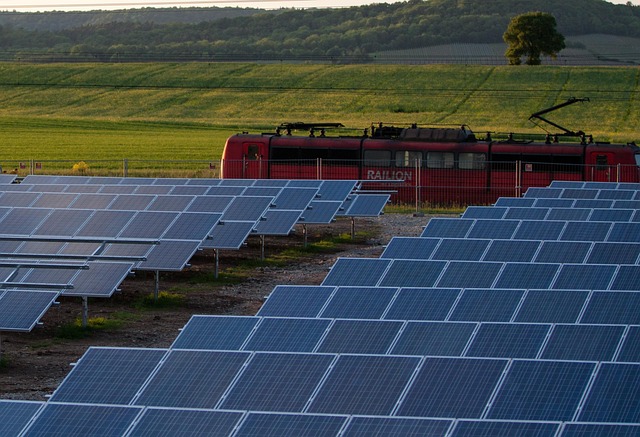
In today’s market, real estate professionals recognize the growing demand for eco-friendly properties. Buyers are increasingly looking for homes that align with their environmental values and sustainability goals. Marketing green properties effectively involves highlighting key features such as energy-efficient appliances, renewable energy sources like solar panels, and sustainable building materials. Emphasizing these aspects can attract environmentally conscious buyers who appreciate responsible living spaces.
Real estate agents should craft compelling narratives around the property’s low carbon footprint, water conservation measures, and any available certifications like LEED (Leadership in Energy and Environmental Design). Utilizing digital platforms to showcase virtual tours with eco-focused annotations, sharing energy savings data, and featuring local green initiatives can further enhance the appeal of these properties. Ultimately, presenting a property’s environmental benefits as part of its unique selling points is a strategic move to capture the interest of today’s savvy real estate buyers.
Strategies for Maintaining and Boosting Eco-Reputation Over Time
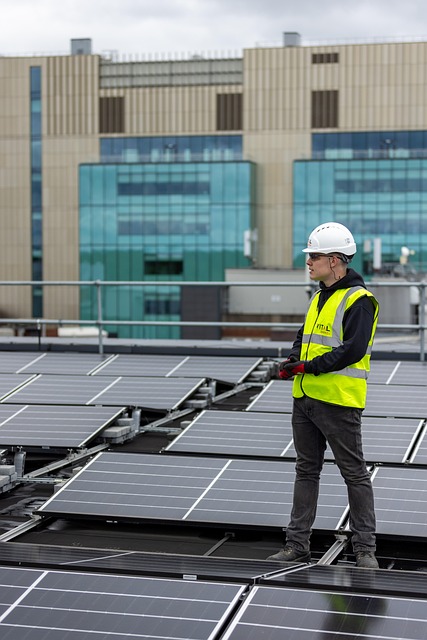
To maintain and boost a property’s eco-friendly reputation over time, consistently implementing sustainable practices is key. This includes adopting energy-efficient systems for heating, cooling, and lighting, as well as utilizing renewable energy sources like solar panels. Regularly updating insulation and windows to improve energy efficiency also resonates with eco-conscious buyers. Additionally, promoting water conservation through low-flow fixtures and greywater recycling can significantly enhance the property’s green appeal.
Regular communication and transparency regarding these initiatives are vital. Keeping potential buyers and tenants informed about ongoing sustainability efforts builds trust and reinforces the property’s commitment to environmental stewardship. Leveraging digital platforms and marketing materials to showcase these practices ensures that the eco-friendly reputation reaches a wider audience, making it an attractive option in the competitive real estate market.
